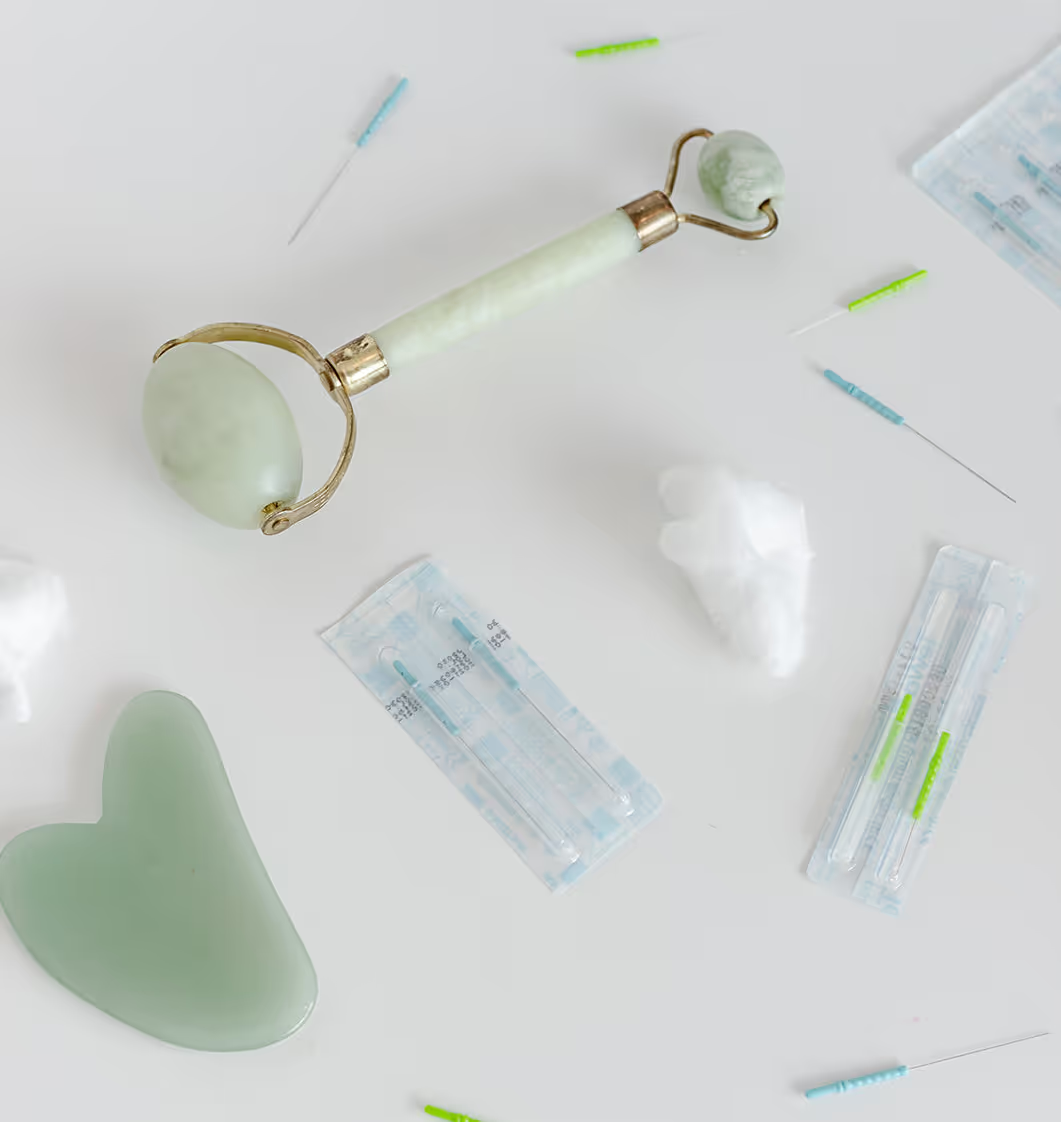When I first learned about iron deficiency in school, I thought of it as a simple fix: you’re low, you supplement, your numbers go up. Easy, right?
Except… that wasn’t my experience.
Back in 2012, my ferritin was 6. I was barely getting out of bed in the mornings, crashing in the afternoons, and needing long naps just to make it through the day. I had just finished university and chalked it up to the stress of academics and late nights—but now I know better.
That fatigue was my first red flag.
My Iron Story: A Timeline
Over the years, my ferritin levels have ebbed and flowed depending on my supplementation, gut health, and how life was going. Even when I was supplementing consistently during grad school, I couldn’t get my numbers above 20. That’s when I began to dig deeper into absorption, inflammation, and the gut connection.
Here’s a snapshot of my ferritin over time:
July 2012 – Ferritin 6
August 2021 – Ferritin 16
Dec 2021 – Ferritin 23
Oct 2022 – Ferritin 24
Mar 2023 – Ferritin 30
Aug 2023 – Ferritin 36
June 2025 – Ferritin 43
I’ve had to work hard to get those numbers up, and I’ve learned a lot about what actually makes a difference.
Why It Was So Hard to Improve
Even though my periods weren’t excessively heavy or long, the monthly blood loss, combined with gut inflammation and subtle malabsorption, made it difficult to build iron stores. And back then, the lab guidelines were still outdated, so my symptoms were often dismissed (if you want to dive deeper into this, read my previous post here!)
I’d hear, “You’re in range,” or “You’re just busy” — even when I was experiencing textbook symptoms of low iron.
That’s when I started testing my ferritin at least once a year and treating it as a vital sign of how my body was coping.
Symptoms of Low Ferritin
Iron deficiency can look different for everyone, but these are some of the most common signs I see in practice—and many are ones I’ve experienced personally:
• Fatigue that doesn’t improve with rest
• Needing naps to function
• Feeling lightheaded with exertion or when standing quickly
• Shortness of breath walking up stairs
• Poor stress tolerance or feeling emotionally flat
• Cold hands and feet
• Craving chocolate, salty snacks, or even ice
• Waking up tired, even after a full night’s sleep
• Brain fog or difficulty concentrating
• Heavy or prolonged menstrual bleeding
If any of this sound familiar—especially in combination—it’s worth checking your ferritin, even if your hemoglobin or CBC looks “normal.”
How I Keep My Ferritin Up Now
Getting my ferritin to a stable place took time, consistency, and a full-body approach. Here’s what worked for me:
• Iron-rich foods daily – lentils, leafy greens, beef, pumpkin seeds
• Cooking with cast iron pans – boosts iron content of meals
• Finding the right supplement – low side effects, highly absorbable (FYI, not all iron supplements will make you constipated!)
• Continuous gut work – yearly gut support protocols to improve absorption
• Timing – taking iron away from calcium, caffeine, and high-fiber meals
• Consistency – not just when I feel tired, but year-round support
When I slack on any of the above, my numbers reflect it.
The Bigger Picture
Iron deficiency isn’t always dramatic. It can sneak in slowly masked as burnout, PMS, brain fog, or low motivation. But tracking it changed everything for me.
And it’s not just about numbers. It’s about how you feel, function, and show up in your day-to-day life.
If you’re menstruating, especially if you feel tired, foggy, or just not quite yourself, please don’t wait until you hit a wall. A ferritin test (along with a full iron panel) is one of the easiest ways to check in on your energy from the inside out.
I’ve lived through the low numbers, and I know how much better life feels when iron is optimized – you don’t have to too! Using my unique approach, Hormone Cornerstone Method, let’s get you on a proactive plan to feeling your best!
Disclaimer: Any information is for informational purposes only and is not intended to be used in place of professional medical advice. Always seek the advice of a qualified health care practitioner with any questions or health concerns you may have and before starting any new treatments (including supplements).



